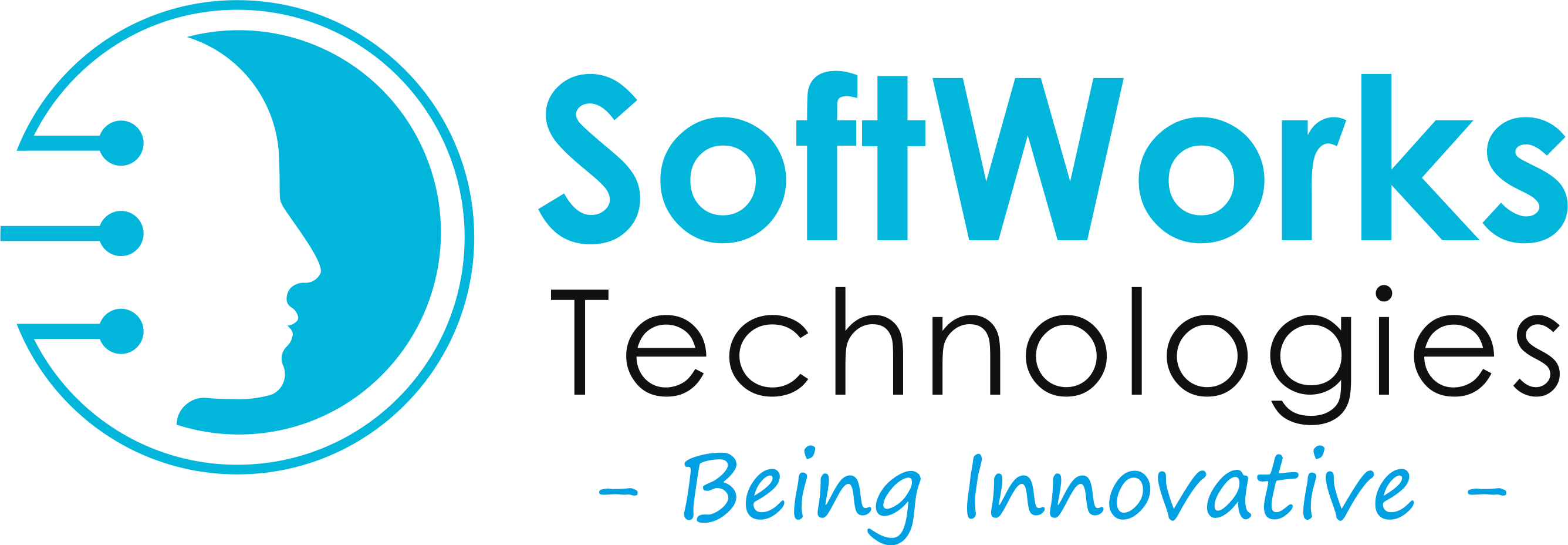API Testing
API Testing Services

API Testing
The term API stands for Application Programming Interface.
The API layer in software application (app) development is between the presentation (UI) and database layers. APIs allow communication and data sharing between software systems.
API testing is a type of software testing that analyzes APIs directly, from functionality to dependability to performance to security. API testing, as part of integration testing, evaluates the logic of the build architecture in a short period of time.
Where does API testing take place?
A typical app has three distinct layers: the presentation (or user interface) layer, the business layer, and the database layer for modelling and manipulating data.
API testing is carried out at the most important layer: business, where business logic processing and all interactions between the user interface and database levels actually occur.
Language-independent
Data is transmitted via XML and JSON formats, so any language can be used for test automation. Because XML and JSON are often organized data, the verification is quick and stable. There are also built-in libraries that facilitate data comparison utilizing these data types.
GUI-independent
Prior to GUI testing, API testing can be performed in the app. Early testing results in early feedback and increased team productivity. The app’s basic functionalities can be evaluated to identify minor defects and assess the build’s strengths.
Increased test frequency
Most APIs and online services contain specifications, which allows you to develop automated tests with great coverage, including functional and non-functional testing.
Quick and efficient releases
When compared to UI testing, API testing saves up to eight hours, allowing software development teams to ship products faster.
API Testing Types

Validation Testing
Validation testing is one of the final processes in the development process and is essential. It evaluates features of the product, behaviour, and efficiency. In other words, validation testing can be viewed as a guarantee of proper development.

Security Testing
This practice ensures that the API implementation is safe from outside concerns. Additional steps in security testing include validation of encryption technologies and the development of the API access control. It also supports authentication validation and user rights management.

Penetration testing
The second test in the internal audits is penetration testing. Users with insufficient API understanding will attempt to analysis the threat vector from the outside, which is about functions, resources, processes, or the whole API and its components.

Functional Testing
This includes testing specific functions in the codebase. These features represent specific circumstances to ensure that API functions are handled correctly within the planned parameters.

Load Testing
Load testing is often performed once a specific unit or the entire codebase has been completed. This technique determines whether the theoretical solutions function as expected. Load testing evaluates the app's performance under normal and peak situations.

Fuzz Testing
Another phase in the security process of auditing is fuzz testing. A large amount of random data (referred to as "noise" or "fuzz") will be entered into the system during fuzz testing to detect any forced crashes or inappropriate conduct. This technique puts the API to the test in order to prepare for "worst-case scenarios."

UI Testing
The user interface for the API and other important pieces is tested during UI testing. UI testing focuses on the interface that connects to the API rather than the API itself. Although UI testing is not a specialized API test in terms of coding, it nonetheless provides an overview of the app's front and back ends' health, usability, and efficiency.

Runtime and error detection
This form of testing is related to the actual operation of the API — specifically, the general consequences of employing the API codebase. This technique focuses on either monitoring, execution faults, resource leakage, or error detection.
The Advantages of API Testing
API testing ensures that platform connections are reliable, secure, and scalable. Among the specific advantages are:
- API test automation uses less code than automated GUI tests, resulting in faster testing and a lesser overall cost.
- API testing allows developers to access the app without a UI, allowing the tester to spot errors earlier in the development lifecycle rather than waiting for them to become larger issues. This also saves money because problems may be corrected more effectively when identified early.
- API tests are technology and language agnostic. JSON or XML is used to exchange data, which includes HTTP requests and responses.
- When examining apps, API tests apply harsh conditions and inputs. This eliminates vulnerabilities and secures the application from malicious code and brokenness.
- API tests can interact alongside GUI testing. For example, integration can allow new users to be created within the app before running a GUI test.
While API testing has numerous advantages, it also has disadvantages. The most typical API test limits are parameter selection, parameter combination, and call sequencing. Parameter selection necessitates the validation of parameters given via API queries, which can be a challenging technology. However, testers must ensure that all parameter data fits the validation standards, such as using acceptable text or numerical data, having an assigned value range, and sticking to length restrictions.
The combination of parameters might be difficult since each combination must be examined to see if it contains problems connected to specific settings. Call sequencing is also difficult since each call must appear in a precise order for the system to function properly. This rapidly becomes difficult, particularly when dealing with multithreaded applications.
Why SoftWorks QA ?
Dedicated Team
Best software quality assurance personals at your service.
Timely delivery
Fast and efficient delivery results for software testing..
Clear communication
Expert staff for testing services & long-term engagements.
Flexible support
24x7 support to provide the best software testing services










